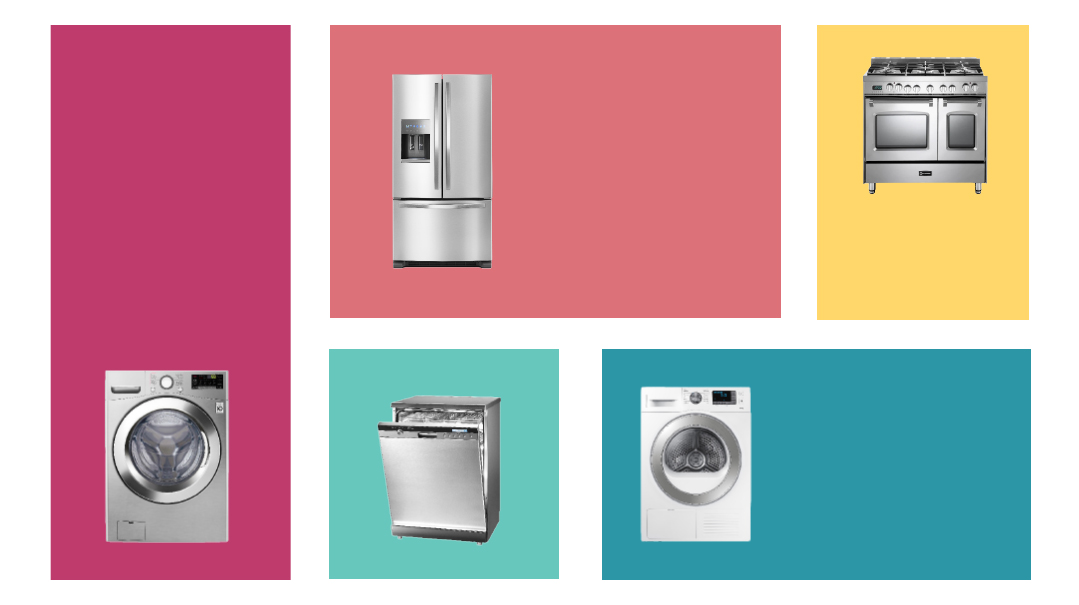Appliance 101

Esther Kurtz’s definitive guide to the machines that keep your home (and life) running

The good old days may be behind us, but no one seems too disappointed that they don’t wash their clothes in the river or load coal to get a fire started.
Appliances are what make a frum house go round, and that’s never clearer than when they break, right before Yom Tov, of course. Here, Esther Kurtz speaks to the experts for the rundown on what works, what’s important, and how to keep those all important machines going
The oven will always break right before a three-day Yom Tov. It’s one of Murphy’s Jewish laws. Frum homes live and die by appliances. We’re always looking for the best one, that lasts the longest, that doesn’t break, and has all the doodads and features that promise to add a little glitter to our lives. Sounds good in theory, right? But have you purchased a new appliance lately? The process serves as exhibit A for the concept of paralysis by analysis and options.
I had a long chat with Yoeli of Town Appliance to get to the bottom of what we really need to know and should focus on in each type of standard appliance: the pitfalls, the distractors, the recommendations, the lifespan, the hock, the everything.
First though, he tells me a little about what the process of buying can feel like to the customer. Buying appliances can feel overwhelming. It’s expensive, options are vast, and you don’t necessarily understand the difference between one and the other.
This is often why people choose to talk to salespeople, but then they get nervous about the salesman’s incentives and why isn’t he showing you every option on the floor.
Relax, Yoeli tells us. A good salesperson will ask you pointed questions to understand your lifestyle and how you use your appliances. Based on that, he’ll show you the ones that are best suited for you and ignore the rest. He’s not showing you all of them so as to save you decision paralysis as well as time.
Moving on, Yoeli says there are three general criteria that are rated before a product makes it to the recommend list.
Reputation, Quality, and Performance
Reputation: Does the company regularly make good products that they stand by? When you have a problem (outside the warranty), how well do they service you?
Quality: How does it hold up over time?
Performance: How well does the appliance do what it’s supposed to do?
Performance is not quality and vice versa — if you have a washing machine that doesn’t clean clothes, but it’ll last 30 years, do you still want it?
Repair Rates
There’s another, more nuanced factor that has to be considered, and that is repair rates. Every appliance has a repair rate percentage, which simply means what percentage of this appliance sold needs a repair.
Town Appliance doesn’t like to recommend a product with a high repair rate, but it isn’t as simple as that. It’s important to understand that there’s a bit of nuance behind these rates and just picking one appliance over another because of the rate may steer you wrong.
Most expensive brands, which are of higher quality and performance, often have higher repair rates for the simple reason that they are worth repairing. However, repairs are often pricey, so when it comes to lower-end appliances the repair can cost almost as much as buying the appliance new, and many people opt for that, obfuscating the repair rate.
Another thought to consider is that repairs in general are expensive and labor cost has gone up, all while appliance prices went down. Ten to 15 years ago repairs may have made sense, today, not so much.
Once all the above criteria are established, and the store decides which particular products it will stock, how do you decide what’s best for you? That’s where lifestyle comes into play. How YOU live is a huge variable in the appliance that’ll suit you best.
When it comes to buying appliances, many people try copying and pasting their neighbors. Whether because they think if it’s good enough for her, it’s good enough for me, or she did the research, or I can’t do something nerdier than her… people often look left right and never center. It’s important though to consider what your personal use on this appliance looks like.
So with that out of the way, let’s head into the specifics.
Oops! We could not locate your form.

